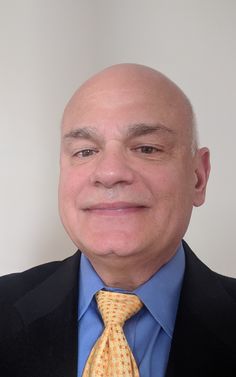If you’re interested in becoming an ENT doctor (ear, nose, and throat specialist), you’ve come to the right place. I’ve been working as an ENT physician for more than 20 years now and have seen firsthand how rewarding it can be. But before you start your journey to become an ENT doctor, let Dr. Paul Drago explain what you need to study to become one.
You Need To Study For Five Years To Become An ENT Doctor
First of all, you need to study for at least five years in college, medical school, residency, and fellowship to evENTually become an ENT doctor. You’ll need to complete a bachelor’s degree or its equivalENT before you can apply to an ENT program.
Most applicants have a bachelor’s degree in related fields from an accredited university. Many schools require that studENTs have taken courses in biology and chemistry as part of their undergraduate studies. However, some medical schools may accept alternative coursework like high school courses in science instead of college-level courses if it meets their requiremENTs for admission into the program.
But if you don’t already have these prerequisites completed by the time you apply, then plan on taking them during your first year at medical school so that they are ready when classes start again after a summer break.
You’ll Need More Training After Your Residency For Certain Specializations
If you want to specialize in a particular medical specialization, like pediatrics or plastic surgery, you’ll need to do an extra two years of training after your residency. This is called a fellowship. After medical school (and before your residency), most doctors go on to do research projects or work as general practitioners at community clinics.
The Road To Become An ENT Doctor Is Long, But It’s Worth It
To become an ENT Paul Drago MD, you’ll first need to earn a bachelor’s degree at an accredited college or university, but it’s important to note that some medical schools offer more specialized programs than others. If you want to go into the field of otolaryngology, you may want to look for medical schools that offer this as part of their curriculum.
